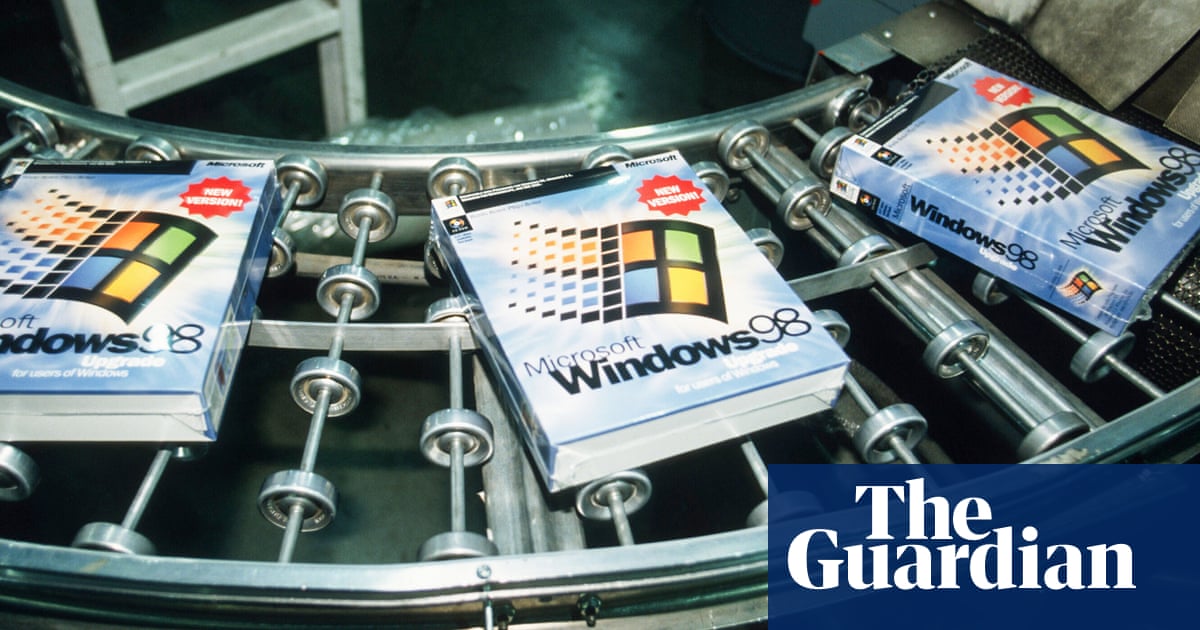Clunky, old tech is costing the US a fortune. According to a recent column in the Wall Street Journal, it would take more than $1.5tn to fix and “costs the US $2.41tn a year in cybersecurity and operational failures, failed development projects, and maintenance of outdated systems”.
This “technical debt” lurks beneath the shiny and the new in “an accumulation of quick fixes and outdated systems never intended for their current use, all of which are badly in need of updating”, according to the Journal.
And don’t I know it.
I’ve been dealing with this problem daily over the past 20 years. My whole life is about obsolete systems, out-of-date software and patched-together databases. My company sells customer relationship management (CRM) software to mostly small and mid-sized businesses. And you should see the old technologies they still have!
It’s not uncommon for me to bump into older versions of Microsoft Office – I know of one company still running Office 97! I see companies using QuickBooks on desktop computers. Remember ACT and GoldMine for contact managers? Yup, they’re still out there. Great Plains? MAS 90? Oh yes, you can still find remnants of those ancient accounting systems in today’s products made by Microsoft and Sage.
It is not uncommon to run into businesses with internal networks running archaic client-server applications on a Windows machine. Some 81% of companies are still writing paper checks to their suppliers. My company’s biggest competition isn’t other CRM software. It’s getting someone to move off of their prehistoric, proprietary system built on FileMaker Pro that hasn’t been updated since the guy who created the system died 10 years ago.
For years I have not blamed the owner of a small business for not upgrading.
These people spent tons of money implementing their software systems back in the day and you’ve got to come up with a pretty darned good reason for them to rip it all out and start over again with something brand new. The cloud? Better security? More integrations? Perhaps. But then again, couldn’t that money be better spent on a new piece of equipment, repairing the warehouse roof, or on healthcare? And don’t we hear about the missteps made by Microsoft and Google and the AI “hallucinations” and the data breaches at our largest tech firms who are supposed to the smartest people in the world? Can we even trust these companies and their shiny new applications? Why invite trouble?
Replacing or upgrading technology is one of the many decisions business people have to make each year. They know the disruptions it will cause. And many of my clients have shrugged their shoulders and said hey, if it ain’t broke, why fix it.
after newsletter promotion
I get it. But now my feelings are starting to change. No, I’m not siding with big tech. It’s about succession.
More than half of small business owners in this country are over the age of 50, and the baby boomers who are running companies today will be looking to move on in the not-too-distant future. They’re expecting to get top dollar for the businesses they’ve built up over the past few decades. But those same people who frugally resisted upgrading their technology in order to invest elsewhere are going to get shocked. Why?
Because this is a big data world and unless their tech is up to date, the price of their business will be significantly affected. This is not a tech issue. It’s a valuation issue. Any buyer would immediately discount their purchase price to compensate for the costs of having to upgrade or replace these old systems.
My advice to any business owner who’s looking to exit their company within the next decade: it’s time to upgrade. Your “technical debt” is going to cost you dearly otherwise.







